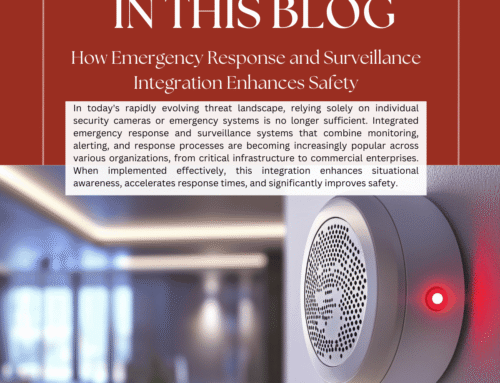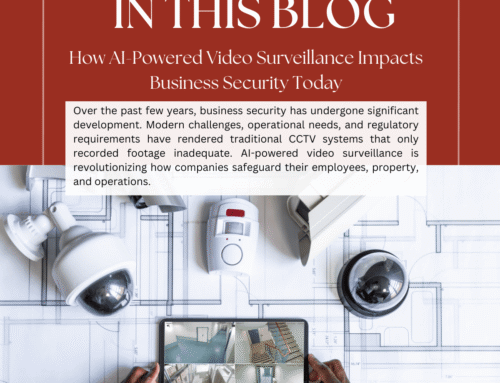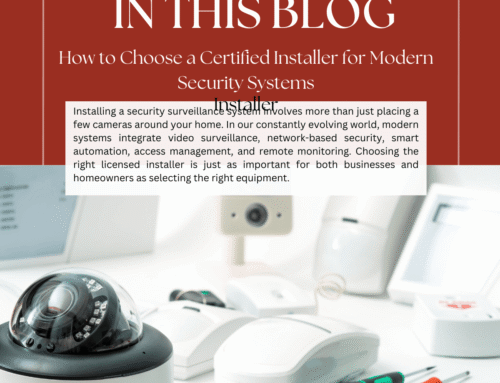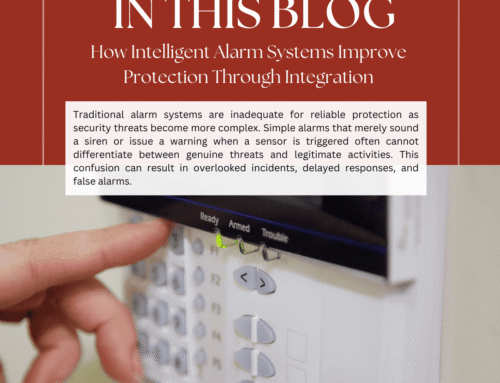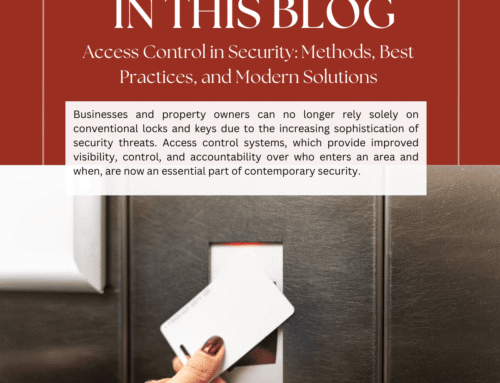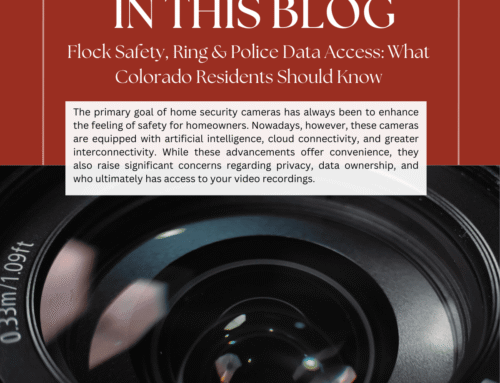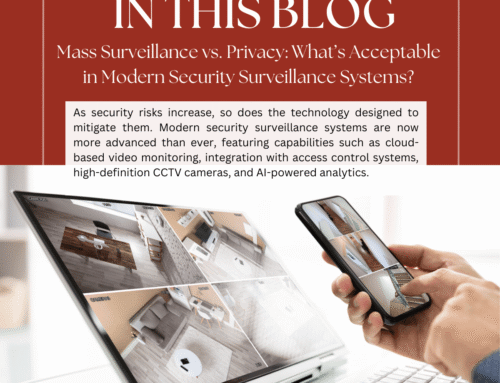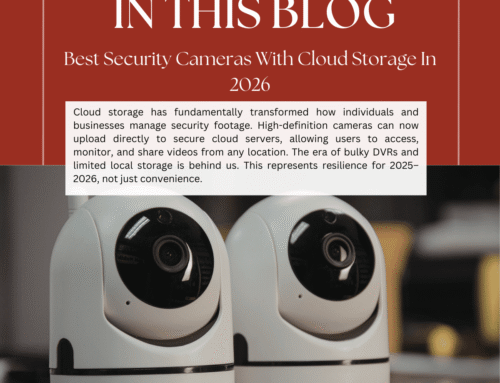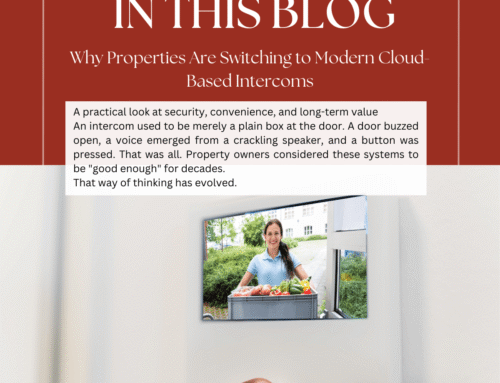Are Smart Home Security Systems Hackable? What You Should Know in Colorado
Smart home security systems have progressed from a distant fantasy to a daily reality. Smart locks, app-based alarms, and wireless security cameras are being used by homeowners, property managers, and small businesses throughout Colorado, from crowded metropolitan neighborhoods to sleepy mountain communities, to secure their properties. These solutions let you let a guest in while you’re away, watch video feeds while you’re on the road, or get immediate notifications if a door opens at night.
However, one topic that keeps coming up is whether or not smart home security systems are hackable, just like any other internet-connected equipment.
The simplest response is yes. If not adequately protected, everything that is connected to Wi-Fi, the cloud, or a mobile app may be at risk. The good news is that you may greatly increase the security of your system by taking the appropriate safeguards and consulting with reputable security experts.
We’ll go over why these systems are vulnerable to hacking, how hackers usually get access, what the research indicates, and above all, how you can safeguard your investment, your family, and your data in this extensive guide.
Why Colorado Homeowners Should Pay Attention to This Topic
Colorado’s distinct mix of rural, suburban, and urban living generates a range of security requirements:
- A large number of locals own several properties, such as holiday rentals, mountain chalets, or principal residences.
- New smart gadgets are being installed in many houses to replace outdated alarm systems.
- Due to frequent travel for either personal or professional reasons, residences are left unoccupied for a prolonged period of time.
Understanding cyber-risks is crucial whether you’re setting up intercom systems, installing outdoor security cameras, or upgrading your vacation home security system.
Statistics & Research: What We Know About the Risks of Smart Home Security
The “Internet of Things” (IoT), a huge network of interconnected devices, includes smart home security systems. IoT devices have typically had poor security, despite their immense usefulness. The data indicates the following:
- According to the Rambus IoT Report, 80% of IoT devices are inherently susceptible.
- According to 2024 Faction Networks research, 13% of homeowners using home security cameras report hacking.
- In just six months of 2021, 1.5 billion smart device threats were reported worldwide (LevelBlue Security).
- According to ScienceDirect (2023), malware and denial-of-service attacks are the most frequent threats, followed by privacy invasions.
This implies that even if property crime is on the decline in your community, your connected gadgets may be a new point of attack for Colorado residents. Hackers can attempt to access your devices from anywhere in the world, as they are not geographically restricted.
How Hackers Target Smart Home Security Systems.
The most typical attack vectors are as follows:
-
Passwords that are weak or default
Devices frequently come with “admin” or “1234” as default credentials. These listings are accessible online. A hacker may remotely access your camera app without physically breaking in.
-
Outdated firmware
Although many users disregard update alerts, manufacturers release patches to fix vulnerabilities. Unpatched gadgets are a hacker’s paradise, particularly older wireless home security systems and video doorbells.
-
Unsecured Wireless Networks
The guardian is your router. Hackers can easily enter your network and migrate laterally to your smart devices if you have weak encryption or a weak administrator password.
-
Data Streams Without Encryption
Some inexpensive gadgets allow for interception because they fail to encrypt audio or video signals.
-
Third-Party Integrations & Cloud Vulnerabilities
Cloud servers are essential to many smart devices. Your data may be exposed if such services are compromised or improperly set, as was the case with a significant camera vendor in 2024.
-
User negligence
If you repeat credentials, distribute passwords, or leave physical access points unguarded, even well-designed systems may be exploited.
Examples from the Real World: What Could Happen
- The 2024 Wyze Camera Breach: Unrelated people were able to see event videos and thumbnail photos due to a caching library that was improperly installed. Although this was a cloud-service error rather than an external hack, the result was the same: private data was made public.
- “Peek-a-Boo” Investigation: Even encrypted communication can expose user behaviors (lights on/off, door opened, etc.) without decryption, according to security experts.
- Botnets: IoT devices with inadequate security are taken over to create botnets for extensive cyberattacks.
These illustrations demonstrate that the threats are actual and not merely theoretical.
How to Protect Your Smart Home Systems in Colorado
The majority of vulnerabilities may be avoided. This is how you can drastically lower your risk:
Make Use of Secure, Distinct Passwords
Passwords should never be used on different devices. Think of a password organiser. After installation, change the default credentials right away.
Turn on two-factor verification (2FA).
Turn on 2FA if it’s available on your alarm system or camera app. Even in the event that your password is stolen, this provides an extra degree of security.
Update your software and firmware.
If at all feasible, enable automatic updates. Make sure your devices are running the most recent version by scheduling routine checks.
Protect Your Wireless Network
Make use of WPA3 encryption. Modify the admin password and SSID on your router. To keep IoT devices segregated from your primary computers and phones, create a distinct guest network for them.
Purchase from Reputable Companies or Local Experts
Choose Colorado smart home device installation companies that have a history of secure setup right from the start. Reputable installers guarantee that your wireless camera, CCTV, and security camera installations are updated and configured correctly.
Reduce Superfluous Features
If you don’t require remote access, turn it off. If your gadget has a microphone or camera, turn it off while not in use.
Keep an eye on the device logs
Look for odd activities, such as logins from unfamiliar places, in your app or control panel.
Why Professional Installation Increases Security
Although DIY systems are common, there are several benefits to having a professional installer:
- Encrypted Connections: To establish encrypted connections between devices and applications, technicians install cameras, locks, and sensors.
- Appropriate Network Configuration: To lower the chance of cross-contamination, experts divide your devices.
- Ideal Location: Sensors and cameras are strategically placed to enhance coverage and are harder to physically tamper with.
- Continued Assistance: You will stay safe long after installation with ongoing security system maintenance and emergency services.
Professional installation pays for itself in peace of mind, whether it’s for corporate monitoring or home protection.
FAQ’s
Q1: Are wired and wireless home security systems more secure?
Answer: Not necessarily. Wireless may be extremely secure if configured correctly and with robust encryption. Although wired systems are less flexible and more expensive, they do reduce certain risks.
Q2: Is it possible for someone to intercept my video?
Answer: Yes, provided that you haven’t altered the default settings or your device doesn’t have end-to-end encryption. The likelihood of interception is significantly reduced by professional installation and upgrades.
Q3: If my system is compromised, do you provide emergency services?
Answer: Emergency security system services are offered by various companies in Colorado to assess, secure, and enhance compromised systems as needed.
Q4: What are the signs that a device is no longer supported?
Answer: Seek advice from security system professionals or contact us at (720) 535-5803.
Q5: Is it possible to hack smart locks and get my door unlocked?
Answer: In principle, certainly, but it’s uncommon when trustworthy businesses use robust encryption. Instead of “picking” the encryption, the majority of hacks are caused by out-of-date firmware or bad password management.
Important Lessons for Colorado Residents:
- While smart home security systems can be vulnerable to breaches, the overall risk is manageable.
- The largest weaknesses include old software, weak passwords, and unprotected networks.
- A powerful layer of protection is added by professional installation of home security systems, which includes network wiring for security systems, video surveillance installation, and intercom system installation.
- Regular updates and maintenance keep your system safe over time.
Why Choose a Reliable Colorado Security Provider?
Reputable businesses like Security Surveillance System have been providing top-notch security services to Colorado residents and business owners since 2006. Their specialties include CCTV and security camera installation, wireless camera setups, remote monitoring for vacation properties, and security systems for senior citizens, along with ongoing maintenance services.
To ensure your system remains secure, they also offer emergency security services, personnel training, and security system audits. Whether you live in a mountain cottage, a suburban neighborhood, or a bustling city in Colorado, a customized security system can be designed to meet your specific needs and keep you safe.
Lastly, homeowners in Colorado can feel at ease knowing that their smart security systems are only as secure as those who install and maintain them. By making a solid investment, keeping your devices updated, and working with trustworthy providers, you can enjoy all the benefits of smart home technology without concern.
To discover how a secure, personalized smart home security package can protect your Colorado property, contact a reliable security company today.



